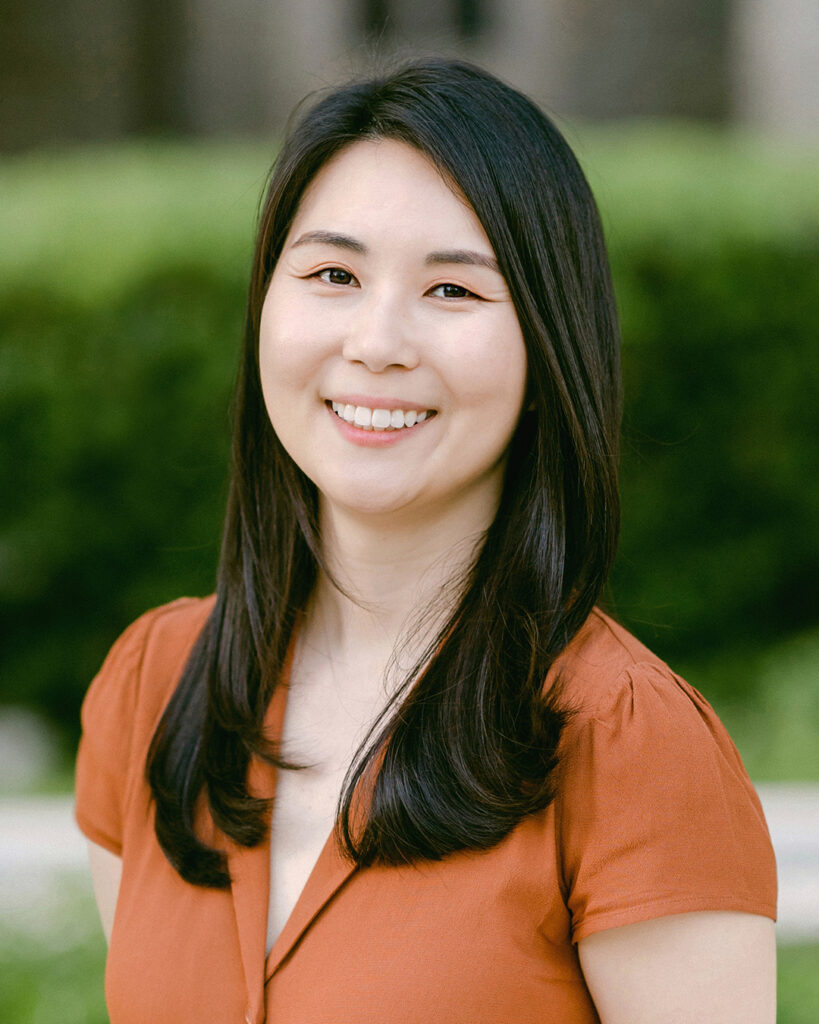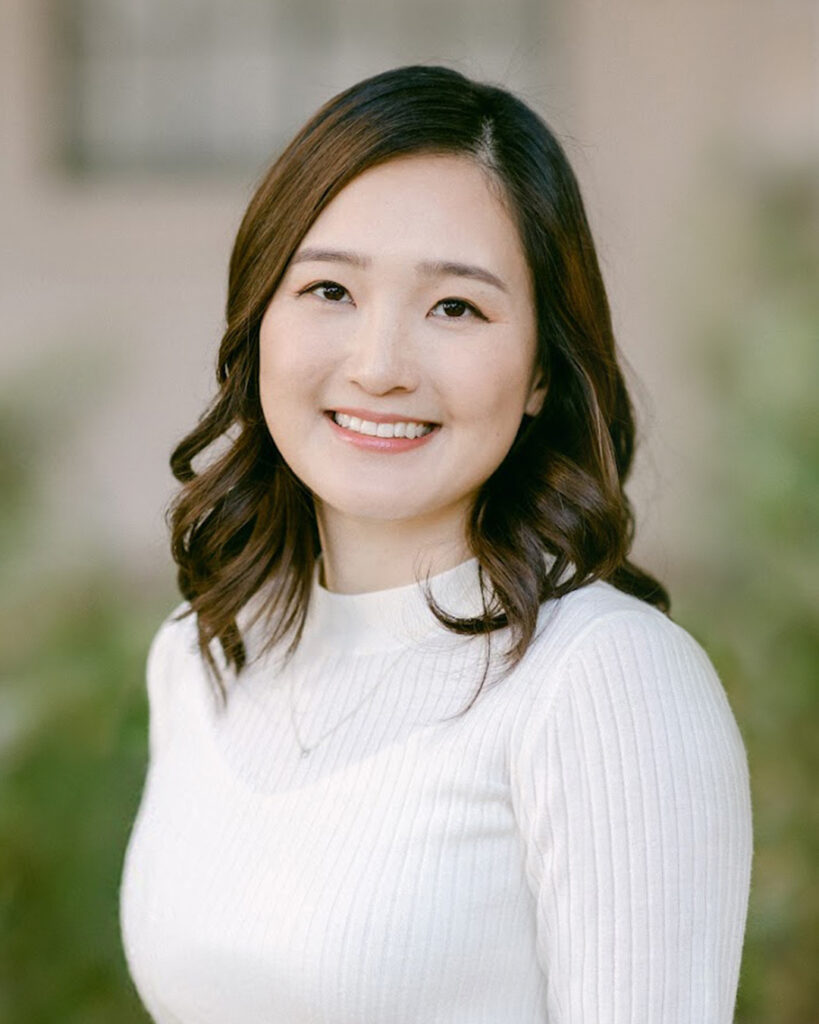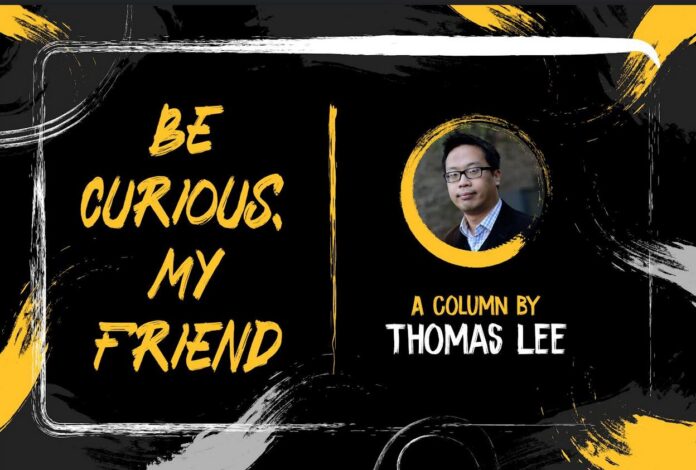by Thomas Lee
My father died around this time last year. He was not a nice man.
Dad, who was 92, was cruel and selfish and often inflicted both physical and emotional abuse on his wife and children, including myself. Such trauma is why I continue to struggle with PTSD, depression, and anxiety.
But there was a part of me that regretted his death. In my quest to quickly move beyond him, I might have missed an opportunity to properly heal. Specifically, to understand the underlying reasons for his behavior. Why did he do the things he did? Why did he say the things that he said? Why did he make the choices that he made?
It wouldn’t change my opinion of him. However, we must understand that people are the products of their environments and experiences. Ignoring this broader, holistic context risks the possibility that we might repeat the same behaviors and traumas as our abusers, especially parents and other family members.
All of this came to mind while recently speaking to Soo Jin Lee and Linda Yoon, authors of “Where I Belong: Healing Trauma and Embracing Asian American Identity” (TarcherPerigee). Lee and Yoon, both licensed therapists, are co-directors of the Yellow Chair Collective, which focuses on providing mental health services to the Asian American community.
Among the book’s most interesting thesis is the chapter on intergenerational trauma in families.

“Historically, many Asian and Asian American families endured traumatic migrations, abuse, violence, poverty, political conflict, and oppression,” the book said. “The trauma from these experiences can impact how parents or grandparents navigate their roles as caregivers. Parents who were never able to process and heal their trauma may not be able to care for their children in a way that meets their children’s emotional needs.”
Since World War II, Asia has been setting for some of the worst mass atrocities in modern history: Rape of Nanking, Mao’s Great Lead Forward and the Cultural Revolution, the Vietnam War and genocide in Cambodia under the Khmer Rouge.
These events, which caused widespread famine, displacement, and social upheaval, likely traumatized our parents and grandparents. And when our ancestors fled to America, they brought along these fresh memories to go along with the daily challenges of racism and discrimination.
“Coming to the United States and trying to assimilate into a society where there’s all these racial hierarchies created another layer of the trauma,” Lee said. “And so in different ways, we’ve been experiencing trauma all along the history of our lineage. And the way that they passed down these traumas impacted our bodies and brain chemistry as well.”
In Asian culture, the focus is on the collective, the welfare of the unit versus the needs of the individual. Such values mean that personal boundaries within Asian families were often thin or nonexistent, making it easier to spread trauma and reinforce unhealthy behaviors between family members.

“Interpersonal trauma is a lot easier because everybody is in everybody’s business,” Yoon said. “A lot of Asian families see members as extensions of themselves. My parents saw me as an extension of themselves. I was not my own.”
As result, when those children become adults, they are often lost, the authors said.
“Because there is no individual self, once we’re able to gain individuality as as an adult, we don’t exactly know how,” Lee said. “We were never give the choice sometimes to make decisions of our own. And so we do see a lot of clients coming to us having a very hard time and not being able to answer very simple questions as to what do I need for myself in my life?”
This all sounds pretty depressing, that Asian Americans are doomed to relive the trauma of our forebearers and continue the cycle of abuse and dysfunction.
But Lee and Yoon are actually quite optimistic about the future.
“A lot of young Asian American parents are definitely generational trauma breakers, cycle breakers,” Yoon said. “They are intentionally wanting to do things differently than their parents. Asian Americans are a lot more aware of their mental health and have been doing their own work” so their kids will live healthier lives.
(Editor’s Note: 10% of the proceeds from the sale of Where I Belong benefits AsAmNews if you use the links in this story)
AsAmNews is published by the non-profit, Asian American Media Inc.
We are supported through donations and such charitable organizations as the Robert Wood Johnson Foundation. This holiday season, double your impact by making a tax-deductible donation to Asian American Media Inc and AsAmNews. Less than $5,000 remains in matching grant funds. Donate today to double your impact and bring us closer to our goal of $38,000 by year-end.
Please also follow us on Instagram, TikTok, Facebook, YouTube and X.



Thank you so much for this important content!